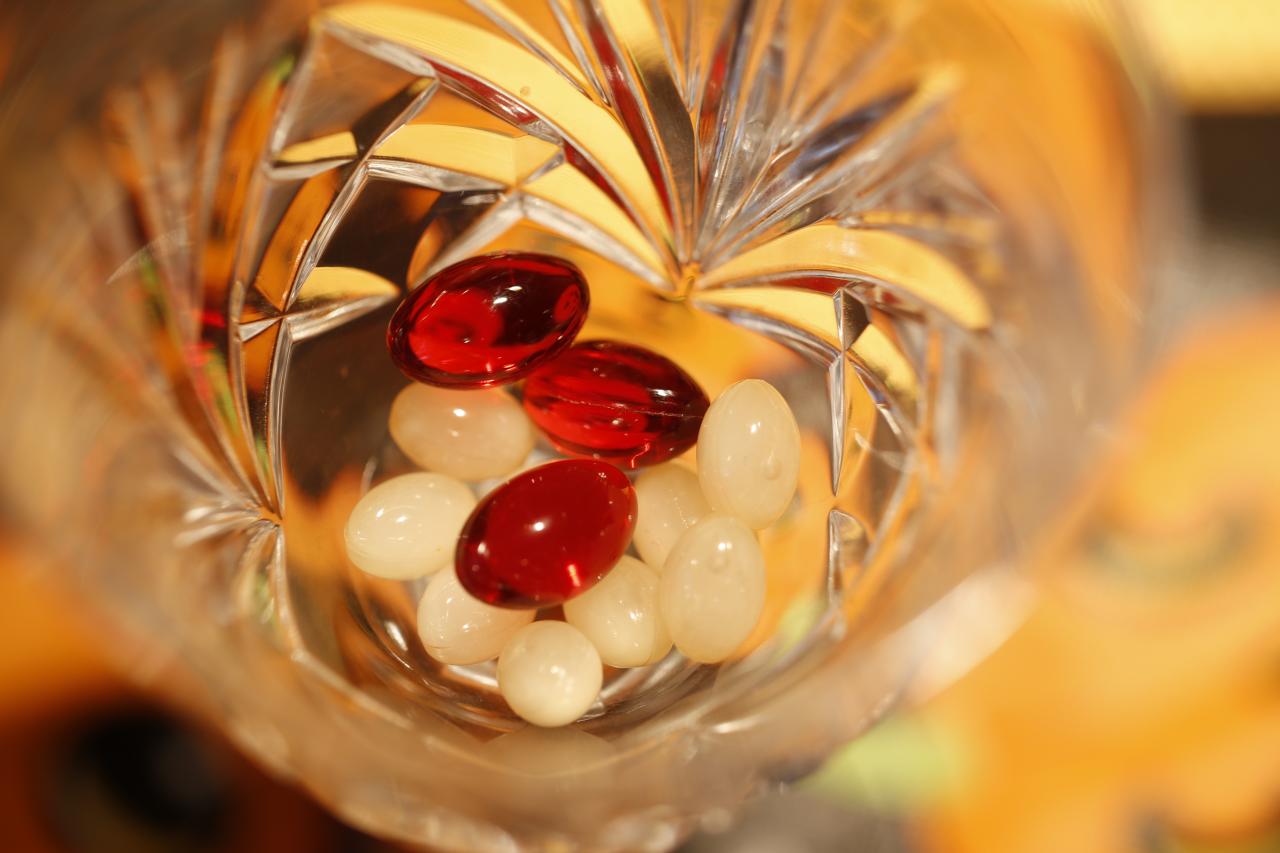 Kbuntu/PhotoSpin
Kbuntu/PhotoSpin
Is your body craving a dose of vitamin D? If you always wear sunscreen and are careful to protect your skin, it might be!
Vitamin D is often called the sunshine vitamin because being out in the sun literally helps your body produce the vitamin D it needs. Vitamin D is critical because it helps your body use calcium to build strong bones.
If you are low on vitamin D, you may have bone pain or muscle weakness, or you may not feel any symptoms at all.
Vitamin D deficiency has also been linked to increased risk of heart disease, severe asthma in children, problems with brain function in older adults and increased risk of cancer. Vitamin D may also adversely affect both type 1 and type 2 diabetes, blood pressure and multiple sclerosis.
Getting enough vitamin D is so important that some scientists have suggested that people should deliberately go out in the sun without sunscreen or other protection for limited amounts of time. Sunscreen is designed to block UV rays, including the UVB rays in sunshine that produce vitamin D.
Most dermatologists and cancer groups oppose this idea because unprotected exposure to UV rays in sunlight is known to damage skin including making us look older and increasing the risk of skin cancer.
On the flip side, you may be getting more vitamin D due to sun exposure than you realize, even if you use sunscreen.
A report from the Harvard Medical School points out that while sunscreen does block UVB rays and could limit vitamin D production, the reality is that most people who use sunscreen don’t put on enough sunscreen or don’t apply it regularly enough to make a real difference.
Other environmental factors that affect how much vitamin D your body can produce include:
Skin color
The amount of melanin in your skin determines how dark or light your natural skin color is. Melanin also soaks up UVB rays, limiting the amount of UVB light available to produce vitamin D. So people with darker skin need more exposure to sunlight in order to produce vitamin D than people with fair skin.
Location
Where you live plays a big part in how much UVB light reaches your skin. UVB rays are strongest close to the equator. So the further away from the equator you live, either north or south, the less vitamin D your skin will be able to produce, especially in the winter.
Weight
Vitamin D is naturally stored in fat. But being obese can interfere with your body’s ability to access vitamin D, so many overweight people have lower levels of vitamin D.
Age
Older people are less efficient at producing vitamin D than younger people. This means that your risk of being low on vitamin D increases as you age.
Air pollution
On one hand, particulates in the air such as carbon from burning fossil fuels interfere with UVB rays and prevent them from reaching your skin. On the other hand, ozone blocks UVB, so holes in the ozone layer caused by pollution can actually increase your body’s ability to produce vitamin D.
Fortunately, there are other ways for your body to get the vitamin D it needs without adding to your risk of sunburn and skin damage. Although there are no foods that naturally provide high levels of vitamin D, you can get what your body needs by taking vitamin D supplements or by eating fortified foods.
Vitamin D is frequently added to certain foods including milk, cereal, baby formula and orange juice. Just check the label to make sure that your selection is fortified with vitamin D.
If you have questions or concerns about whether your body is low on vitamin D, your health care provider can check your vitamin D level with a simple blood test and advise you on what you can do to get the vitamin D your body needs to be healthy.
Sources:
Web MD. Vitamin D Deficiency. Elaine Magee, MPH, RD. Web. July 15, 2015.
http://www.webmd.com/food-recipes/vitamin-d-deficiency
The Skin Cancer Foundation. The D Dilemma. Web. July 15, 2015.
http://www.skincancer.org/healthy-lifestyle/vitamin-d/the-d-dilemma
Harvard Health Publications. 6 things you should know about vitamin D. Web. July 15, 2015.
http://www.health.harvard.edu/healthbeat/6-things-you-should-know-about-...
Vitamin D Council. How do I get the vitamin D my body needs? Web. July 15, 2015.
http://www.vitamindcouncil.org/about-vitamin-d/how-do-i-get-the-vitamin-...
Reviewed July 16, 2015
by Michele Blacksberg RN
Edited by Jody Smith





Add a CommentComments
There are no comments yet. Be the first one and get the conversation started!